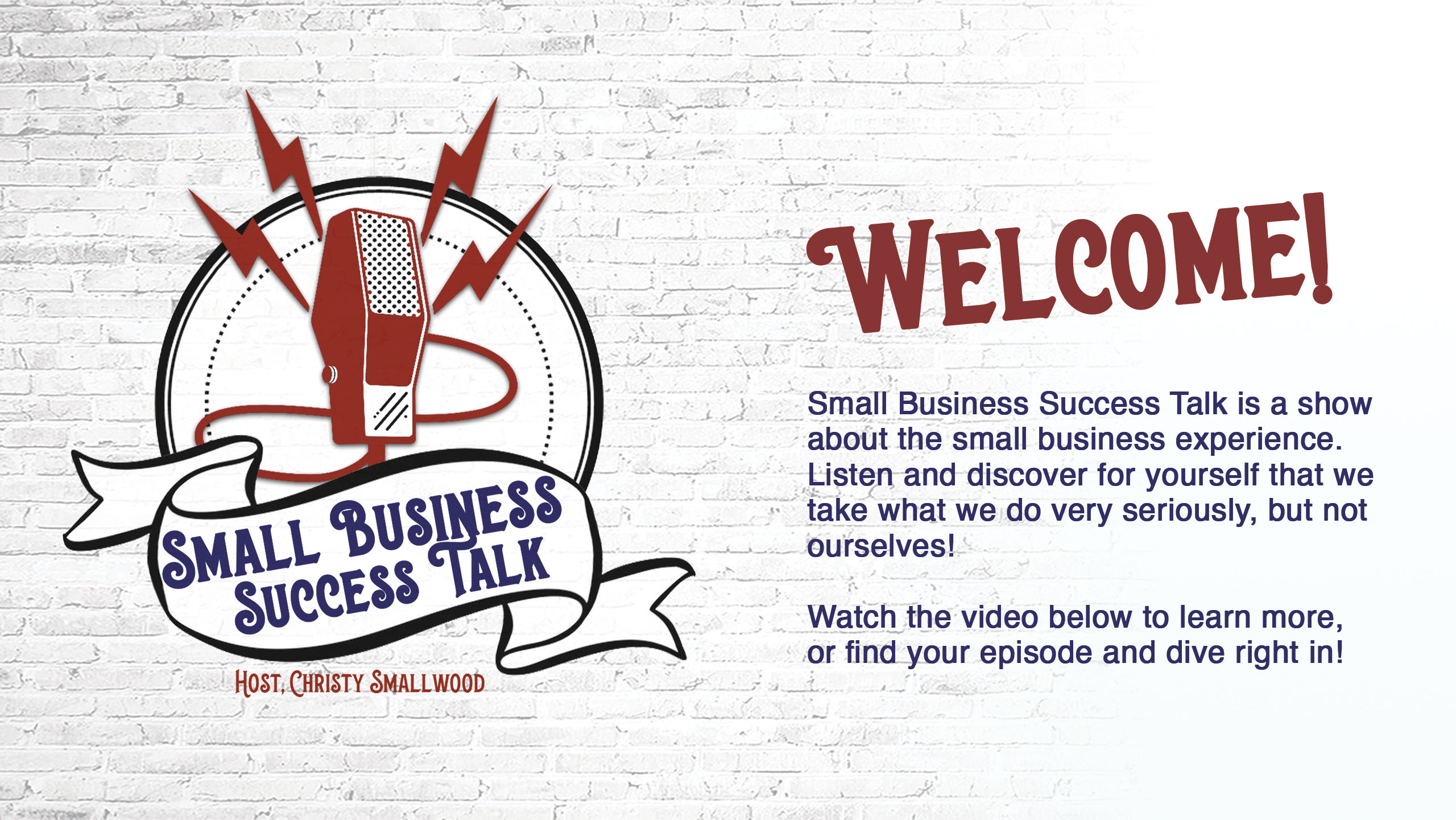Understanding Your Leadership Needs
Before diving into specific training programs, take a moment to assess your current leadership skills and identify areas needing improvement. Are you struggling with delegation? Do you need to enhance your communication skills or conflict resolution abilities? Pinpointing your weaknesses allows you to choose a program specifically tailored to your needs. Consider conducting a 360-degree feedback assessment, soliciting input from colleagues, subordinates, and superiors to gain a comprehensive understanding of your strengths and weaknesses. Honest self-reflection is also crucial in this process. Knowing where you excel and where you fall short will make the training significantly more effective.
The Importance of Choosing the Right Training Format
Corporate leadership training isn’t a one-size-fits-all solution. Different formats cater to various learning styles and preferences. Consider whether you learn best through interactive workshops, online modules, mentorship programs, or a blended approach. Workshops provide valuable networking opportunities and immediate feedback, while online modules offer flexibility and self-paced learning. Mentorship programs provide personalized guidance and support from experienced leaders. The optimal format will depend on your learning style, time constraints, and budget.
Executive Coaching: Personalized Leadership Development
Executive coaching offers a personalized approach to leadership development, providing one-on-one guidance from experienced coaches. These coaches work with executives to identify their strengths, weaknesses, and areas for improvement, creating a tailored development plan. Executive coaching can be particularly beneficial for senior leaders facing complex challenges or those seeking to enhance their strategic thinking and decision-making abilities. The individualized nature of coaching allows for deep dives into specific issues, offering personalized strategies for overcoming obstacles and achieving organizational goals.
Leadership Development Programs: Structured Learning Paths
Many organizations offer structured leadership development programs, designed to equip participants with a comprehensive set of leadership skills. These programs often incorporate various learning methods, including classroom instruction, simulations, case studies, and role-playing exercises. They frequently cover topics such as strategic planning, communication, teamwork, conflict resolution, and change management. Look for programs that offer a clear curriculum, experienced instructors, and opportunities for practical application of learned skills. The structured nature provides a clear pathway for growth and allows for consistent progress tracking.
Online Leadership Courses: Flexible and Accessible Learning
Online leadership courses offer a flexible and accessible alternative to traditional in-person programs. Many reputable institutions and platforms provide a wide range of courses covering various aspects of leadership. These courses often feature video lectures, interactive exercises, and downloadable resources. While the lack of in-person interaction might be a drawback for some, the flexibility of online learning allows participants to learn at their own pace and fit the training around their busy schedules. This option is particularly beneficial for geographically dispersed teams or individuals with limited travel time.
Assessing the Return on Investment (ROI) of Leadership Training
Before investing in any leadership training program, carefully assess its potential return on investment (ROI). Consider the program’s cost, the potential benefits to the organization and individual, and the methods for measuring those benefits. Will the training improve employee engagement, increase productivity, reduce turnover, or enhance innovation? Quantifiable metrics will help determine the program’s effectiveness and justify the investment. Tracking key performance indicators (KPIs) both before and after the training will allow for a concrete assessment of the ROI.
Building a Culture of Continuous Learning
Leadership development isn’t a one-time event; it’s an ongoing process. Encourage a culture of continuous learning within your organization by providing ongoing opportunities for professional development. This could include access to online learning platforms, mentorship programs, regular leadership workshops, or attendance at industry conferences. A commitment to lifelong learning fosters a dynamic and adaptable workforce, ensuring your organization remains competitive in the ever-evolving business landscape. Invest in the future of your leadership team by creating a supportive environment that prioritizes continuous growth and improvement.
The Future of Corporate Leadership Training
The landscape of corporate leadership training is constantly evolving. Emerging technologies, such as virtual reality and artificial intelligence, are increasingly being integrated into training programs, offering immersive and personalized learning experiences. Expect to see more focus on developing adaptive leadership skills – the ability to navigate uncertainty and lead through change – as the business environment continues to become more volatile and unpredictable. Staying abreast of these trends and incorporating innovative training methods will be crucial for organizations looking to cultivate effective leaders in the years to come. Click here to learn more about corporate leadership training companies.






